Empowering YOU
Unlock You and your Family's Full Potential
with Emotional Fitness Coaching
Discover the power within you through personalised coaching that guides you toward your true potential and LIVING BEYOND Labels.
Enabling you to lead your family, regardless of ADHD or Childhood Trauma to build and strengthen emotional fitness. EF facilitates healthy harmonious relationships and is the biggest predictor in the 21st century of ADULT success.
MORE ABOUT US
Create Fulfilling Relationships and Enhance Communication
You deserve strong, meaningful relationships — and communication that truly connects. Whether you're parenting, healing, or building a life that's more aligned with who you are, I’m here to help you clear the chaos and find your flow. Together, we’ll strengthen your skills, shift old patterns, and create the rich, fulfilling connections you’re longing for.
You don’t need fixing — you need support to rediscover the strengths already inside you. With frankness, compassion, and deep belief in your potential, I’ll walk beside you as you build a future full of trust, confidence, and wholehearted relationships.

OUR SERVICES
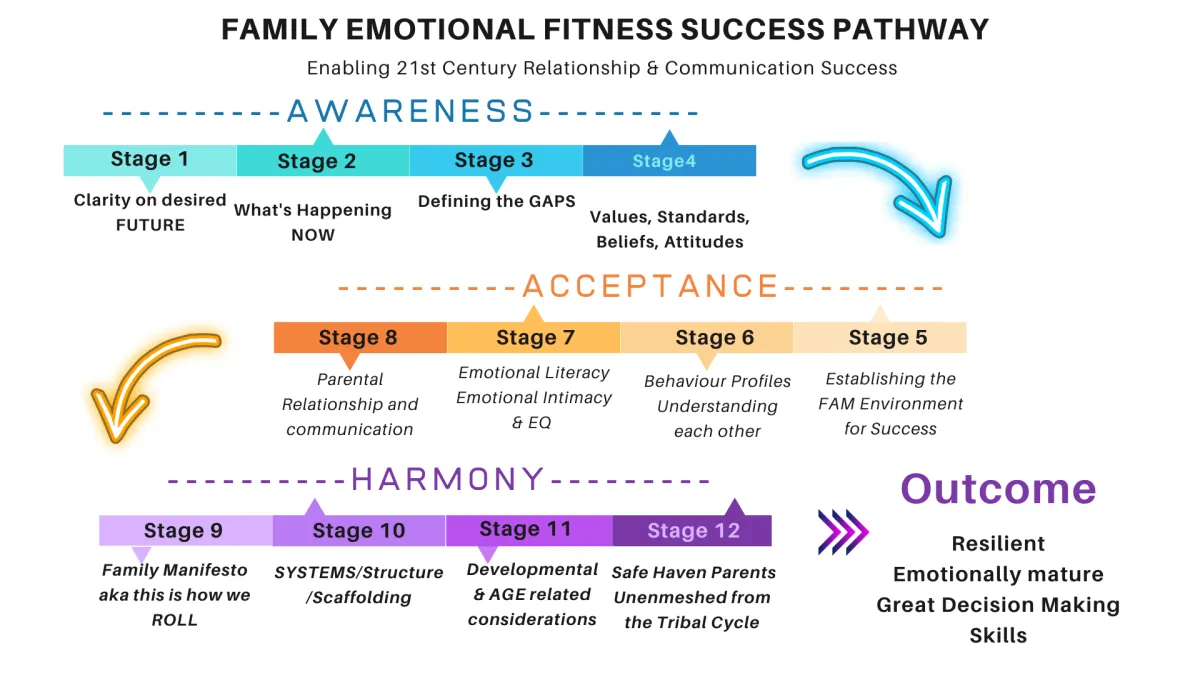
Parent with Confidence
Our programs are designed to walk with you and champion you with next steps.
Our mission is to enable you to step back from the whirlwind of everyday
Gain clarity around where you want to head
Design a roadmap to enable you to get there
Build the foundations to create sustainability
Provide a community to journey with you
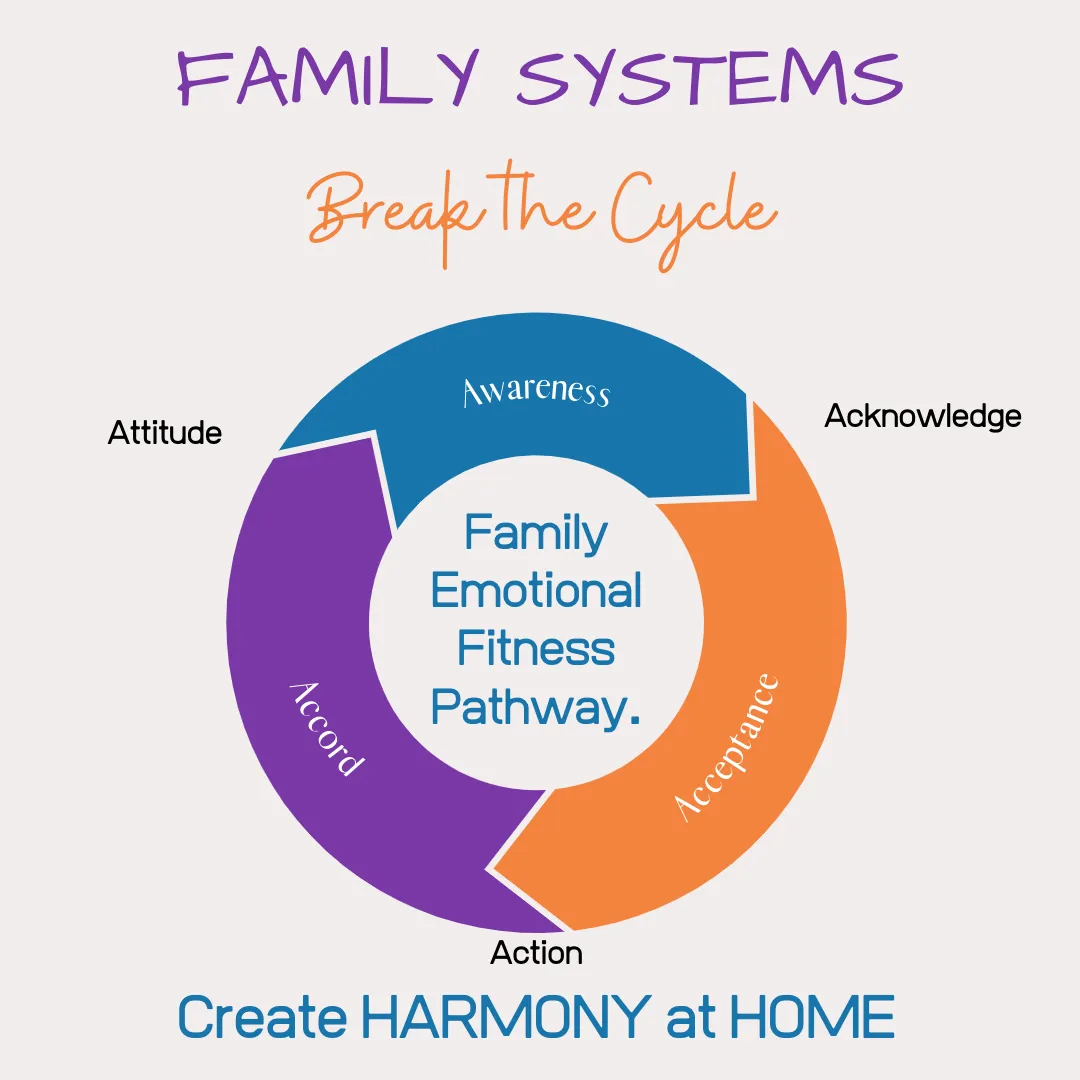
Emotional Fitness
How well rounded is your emotional repertoire?
Do you have a healthy relationship with ALL emotions, even the ones you may have been taught are bad?
How well to you cope with other people as they experience their emotions, even the ones you feel uncomfortable with?
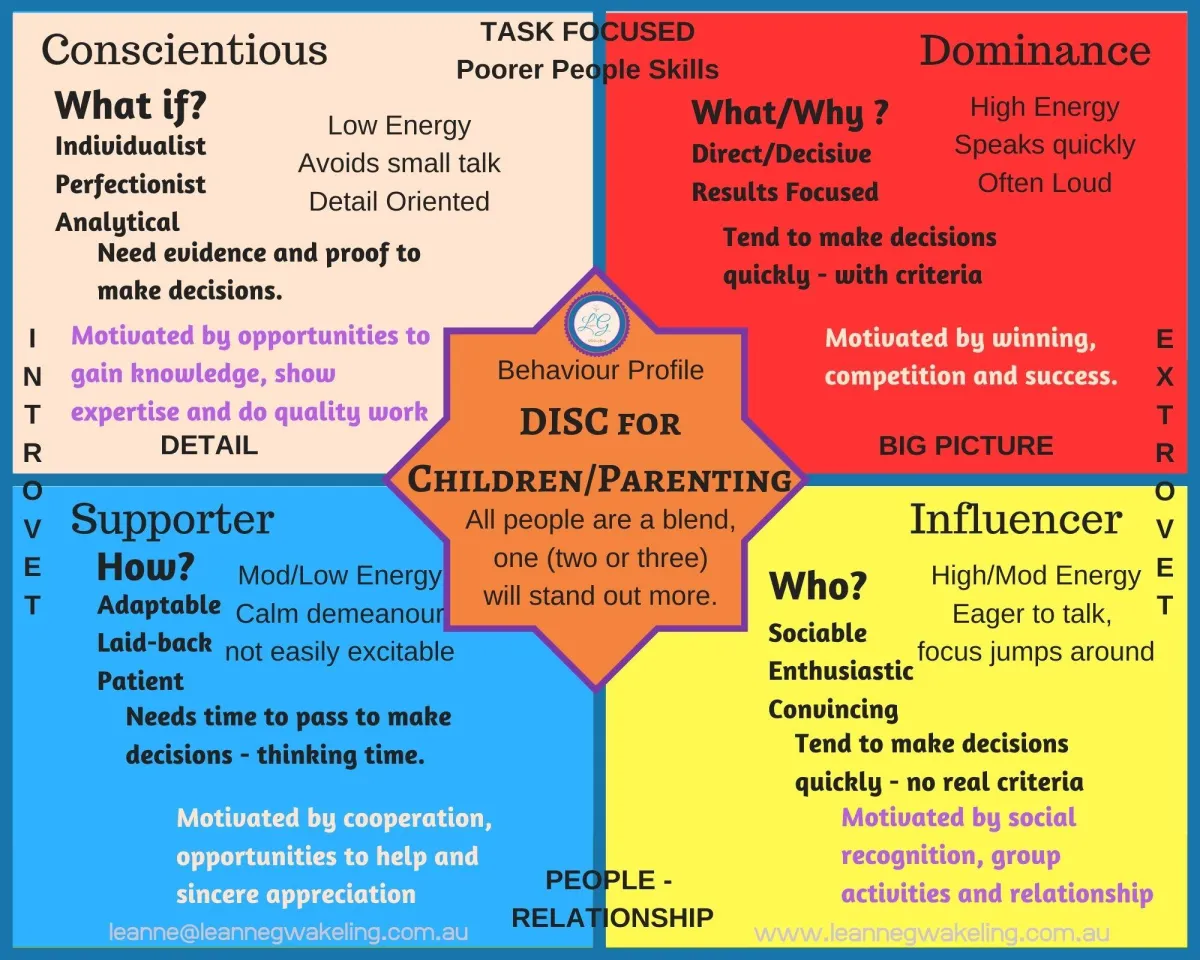
Family Support Coach and Mentoring
Dealing with the emotional challenging or divergent child
Stop yelling and find the calm
Understand behaviour energies (DISC) - Finding the flow instead of swimming against the tide.
Parents as Leaders - Design a sustainable Family Culture
Emotional Intimacy - Gottman principles
Conflict Resolution - Discovering how to Fight Functionally

Self Empowerment through Self Understanding
Discover your patterns, strengths, and challenges with compassionate guidance. Build self-awareness, reclaim your personal power, and move through life’s challenges with confidence and resilience.
FAQS
What is life coaching, and how can it benefit me?
Life coaching with me is a supportive, collaborative space where you explore who you are and how you want to show up as a parent, partner, and individual. Together, we look at where you feel stuck or overwhelmed — gently uncovering the patterns, beliefs, and habits that affect both your personal well-being and your parenting. This process isn’t about “fixing” you or your child; it’s about helping you discover your own strengths, build emotional resilience, and develop practical strategies to navigate family life with more confidence, connection, and clarity. As you grow, your capacity to parent with presence, patience, and purpose grows too.
How long does a typical coaching program last, and how often are sessions scheduled?
The length of a coaching journey really depends on you — your needs, your goals, and the pace that feels right. Many clients work with me for three to six months, meeting weekly or every other week, so there’s space for reflection and steady progress. We’ll create a coaching rhythm that supports your growth, honours your time, and helps you move forward with clarity and confidence.
What support is available between coaching sessions?
I know life doesn’t wait for your next coaching session — especially when you’re navigating parenting, emotional challenges, or intense family moments. That’s why I offer between-session support for those “WTF moments” when you need quick guidance, a tactical strategy, or just someone to help you reset your perspective. Whether you’re part of a coaching program or the membership, you’ll have access to real-time troubleshooting support so you don’t feel alone when things get messy. It’s all about helping you stay supported, grounded, and moving forward — even on the tough days.
Do you work just with individuals, or do you support families too?
I work with parents either together or one on one who want to better understand their family dynamics and find practical ways to create more calm, connection, and confidence at home. While the focus is on supporting you, the positive changes naturally flow through to your whole family.
Testimonials
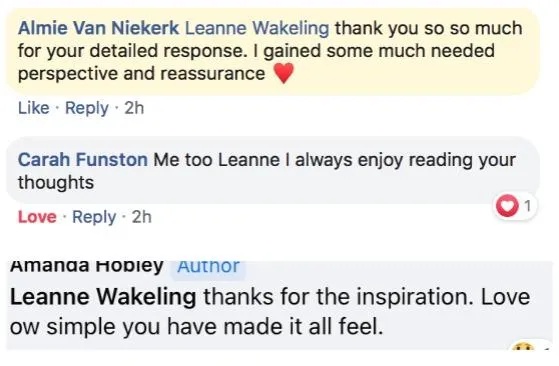
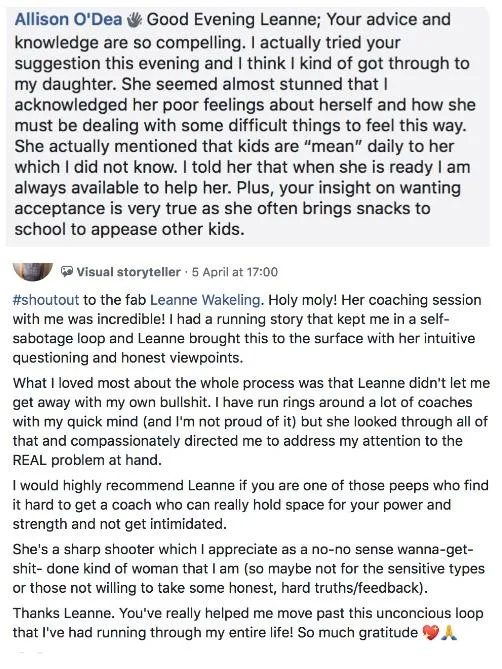
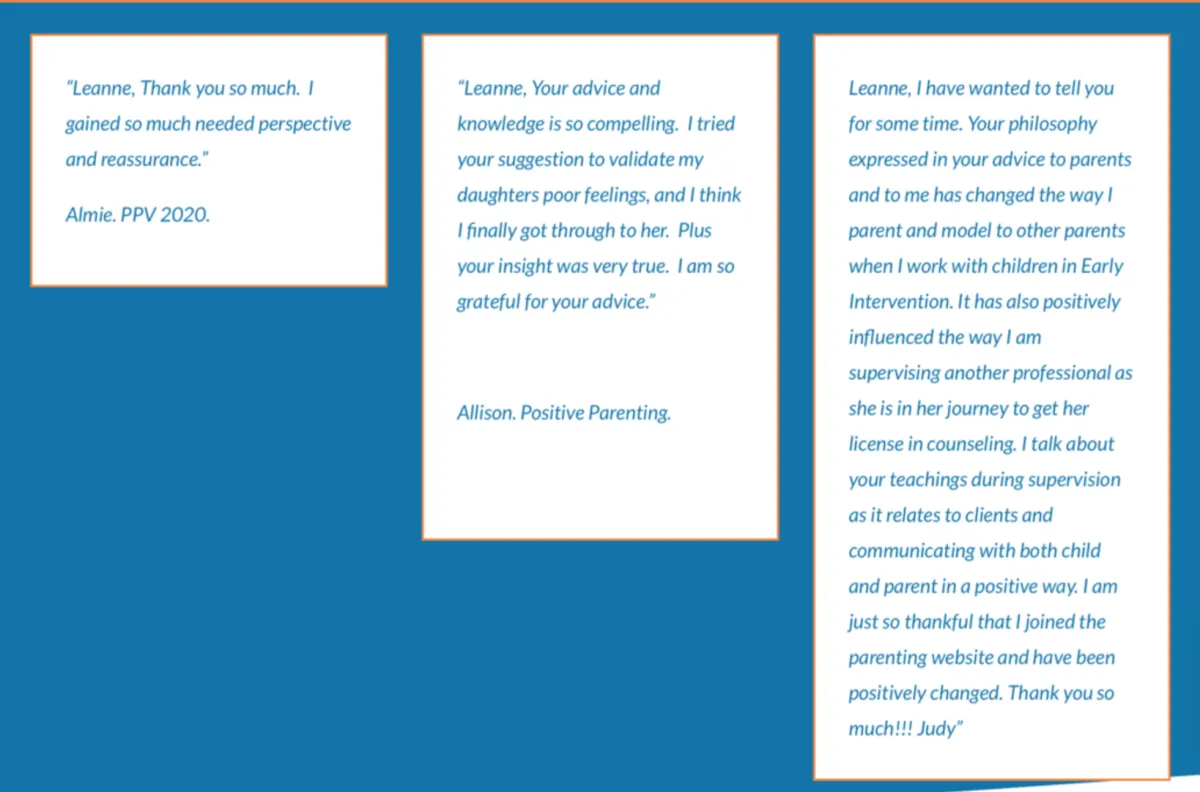
Get In Touch


